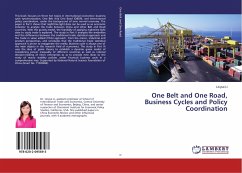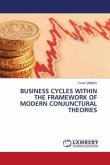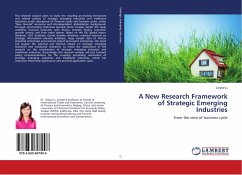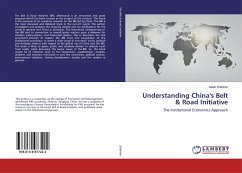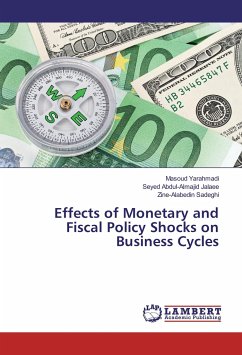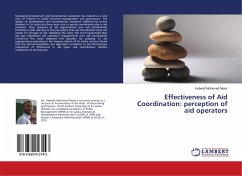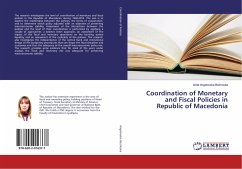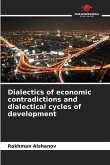This book focuses on three hot topics in international economics: business cycle synchronization, One Belt And One Road (OBOR), and international policy coordination, under the background of new normal economy. The paper in Part I shows that nighttime light data can be used as an economic indicator to analyze the trade between China and other Belt and Road countries. With the gravity model, the feasibility of applying nighttime light data to study trade is explored. The study in Part II analyzes the similarities and the differences between the traditional trade statistical approach and the trade in value added (TiVA) approach, from the macro, industrial and product perspectives, and concludes that the traditional trade statistical approach is prone to exaggerate the reality. Business cycle is always one of the main objects in the research field of economics. The study in Part III uses the idea of game theory to establish a dynamic game model of considering power inequality of different countries as well as rational decision-making of micro enterprises so as to provide new ideas to the study of macro stability policies under financial business cycle in a comprehensive way. Supported by National Natural Science Foundation of China (Grant No. 71503284).

